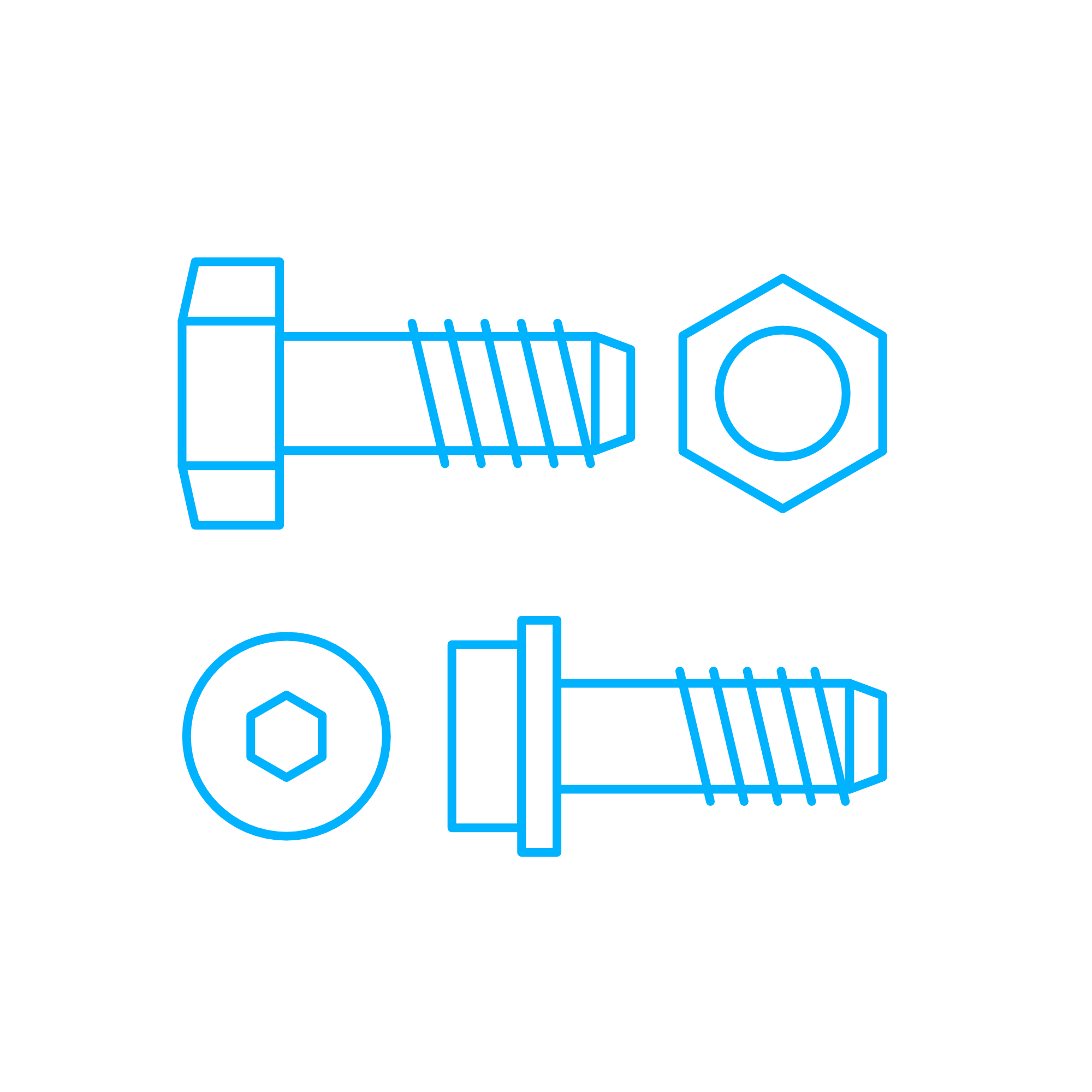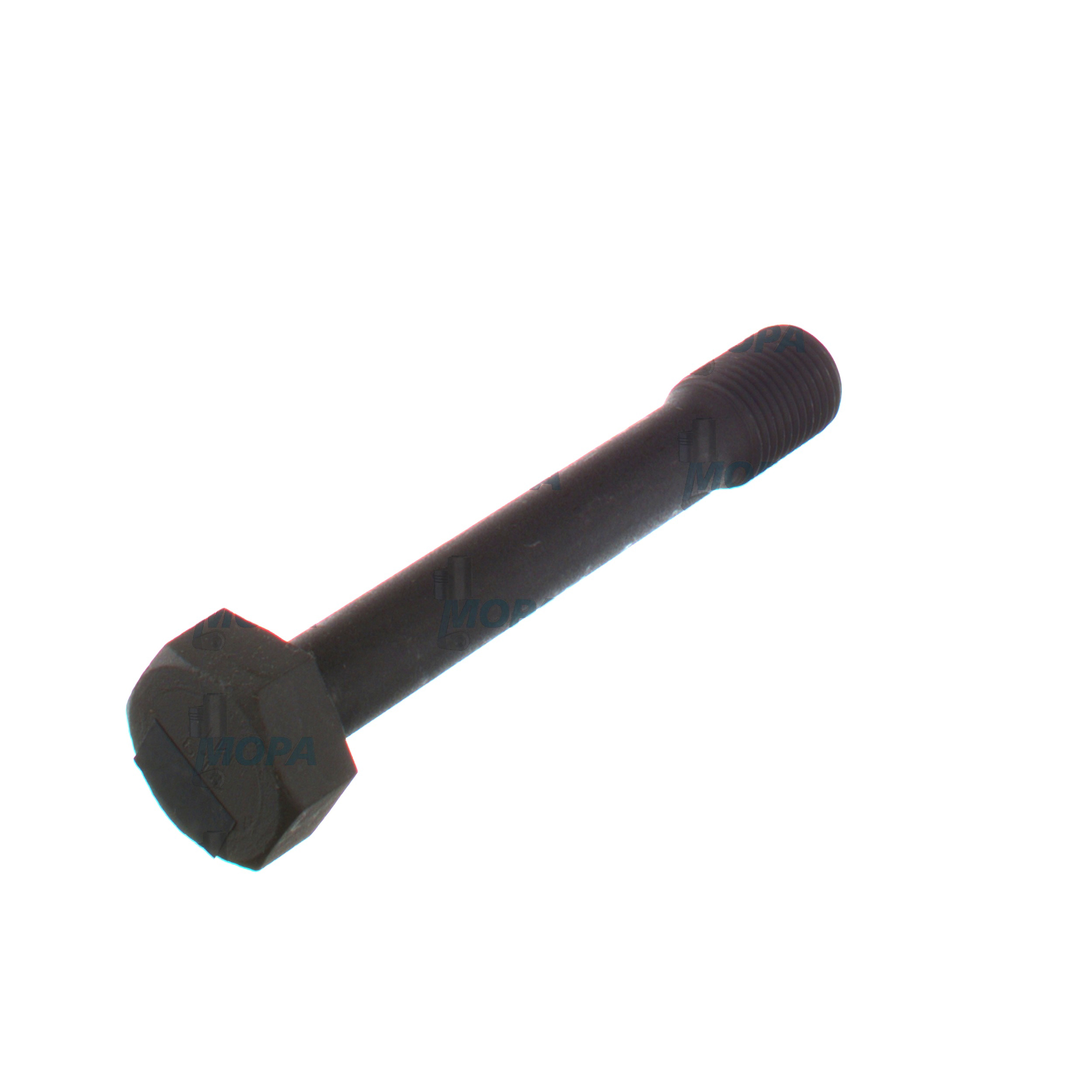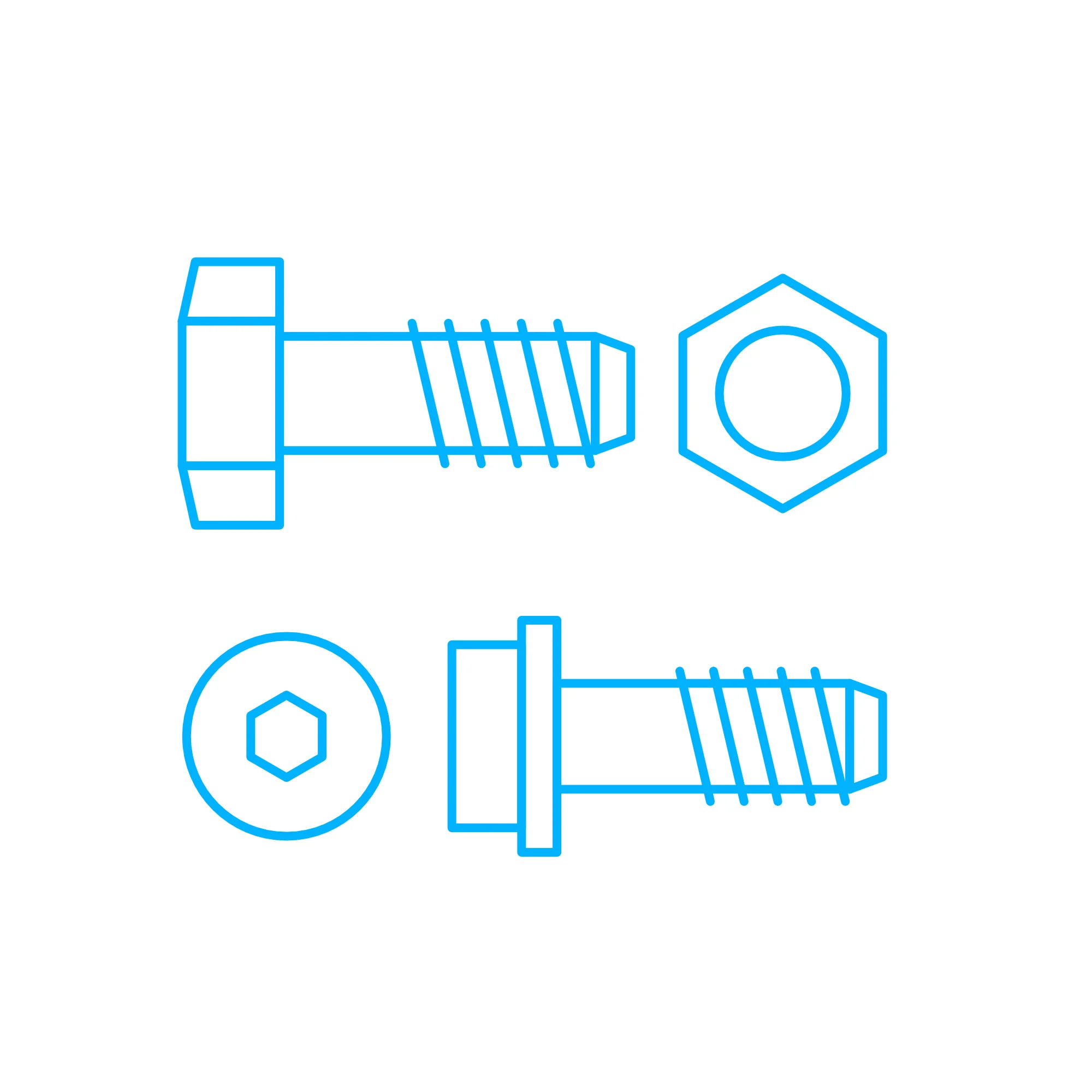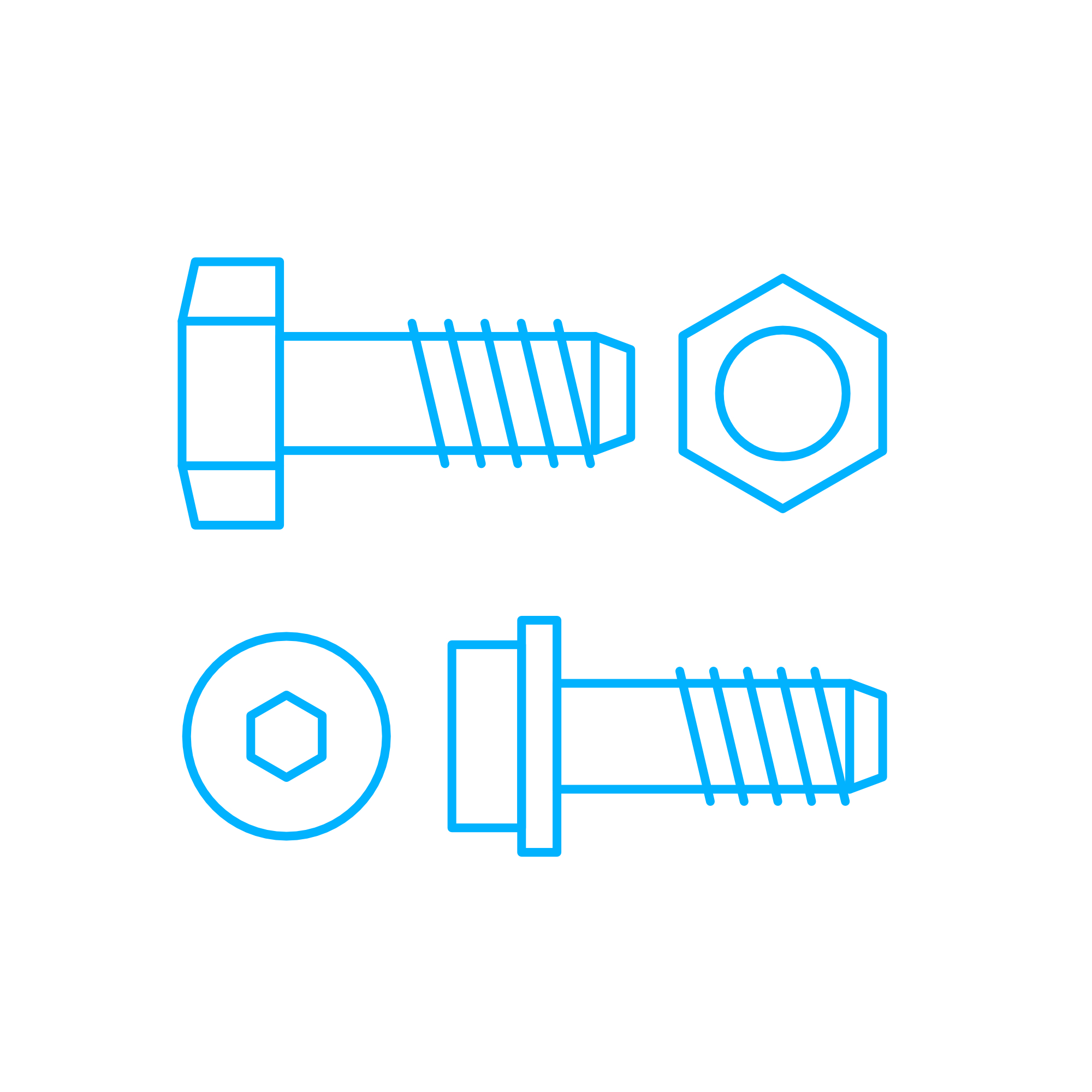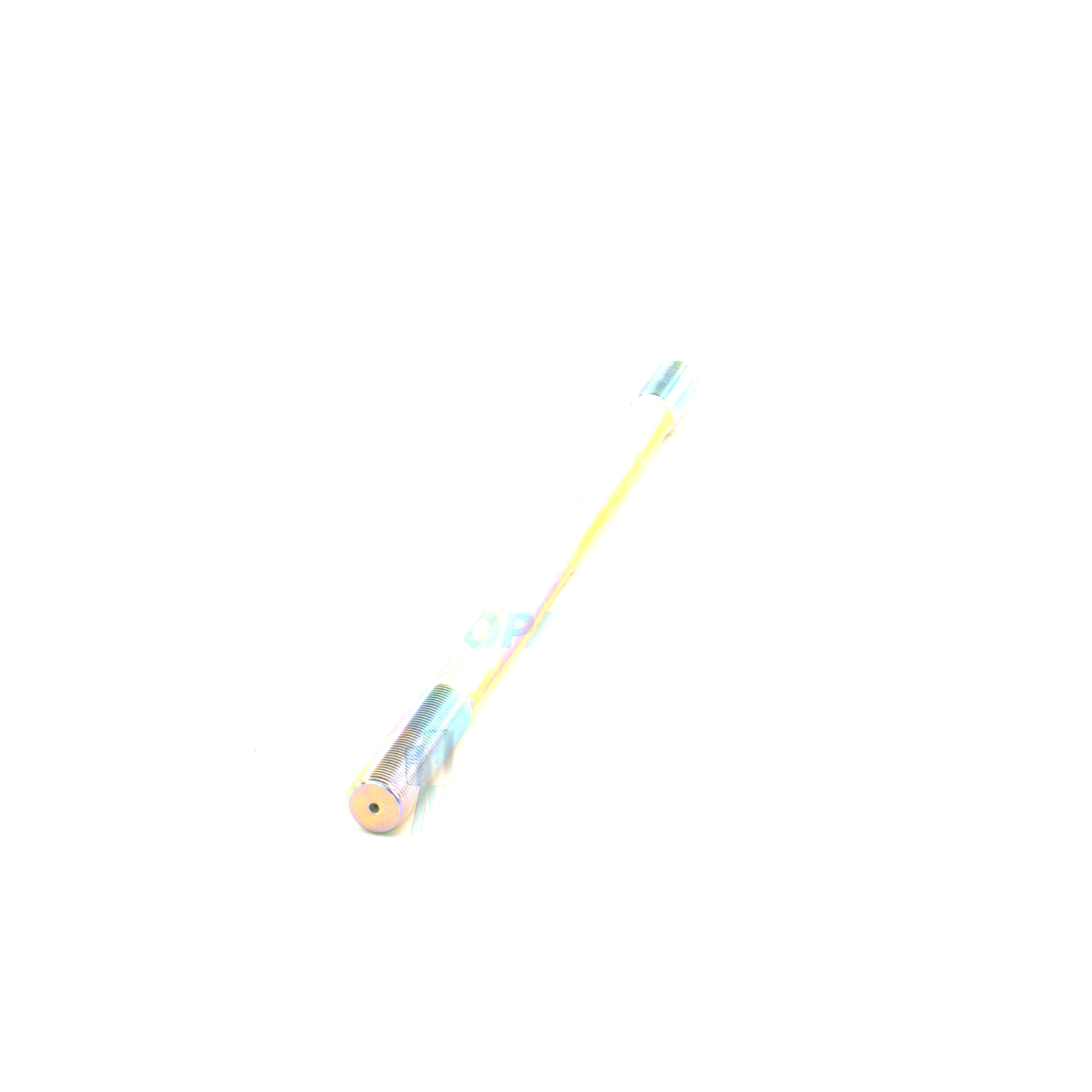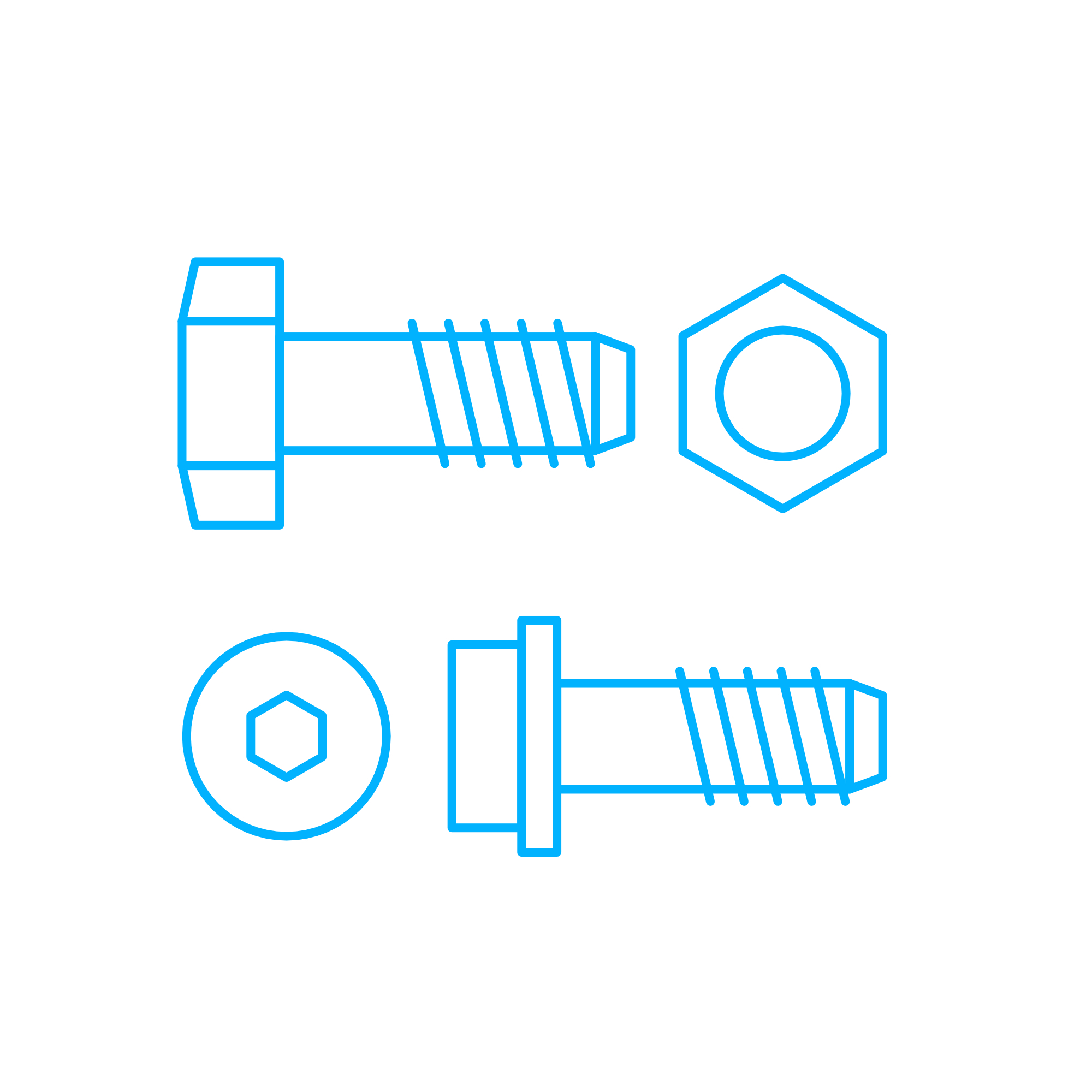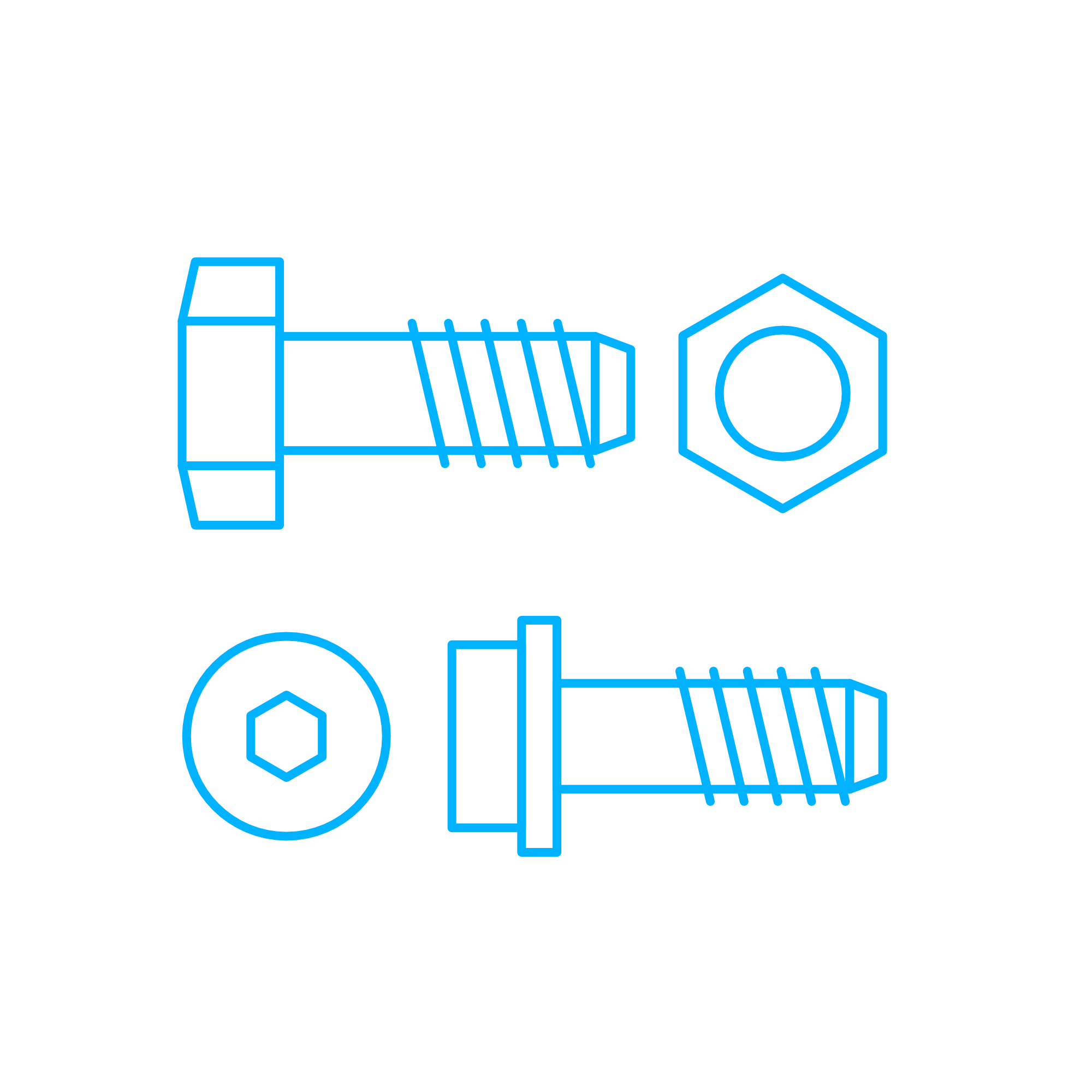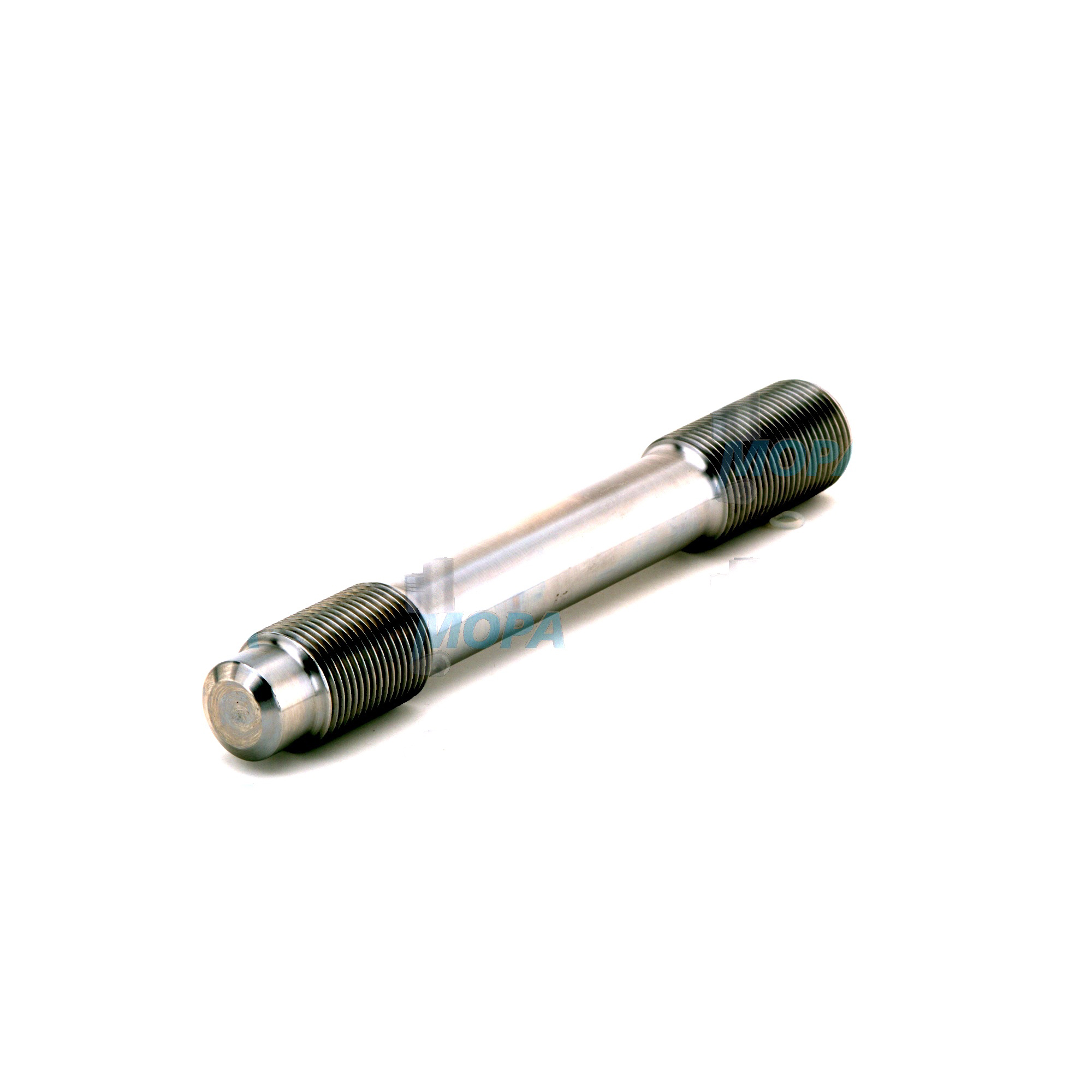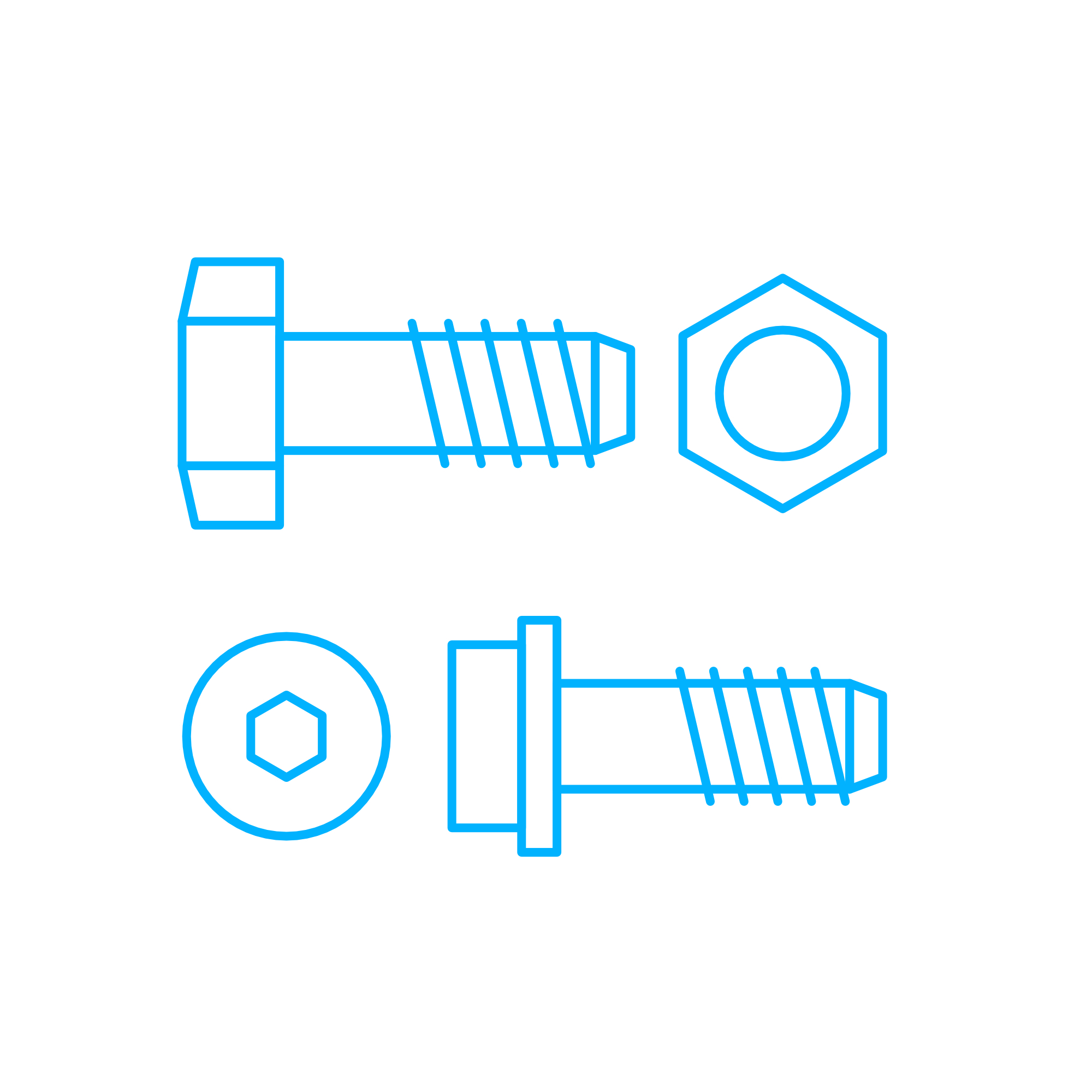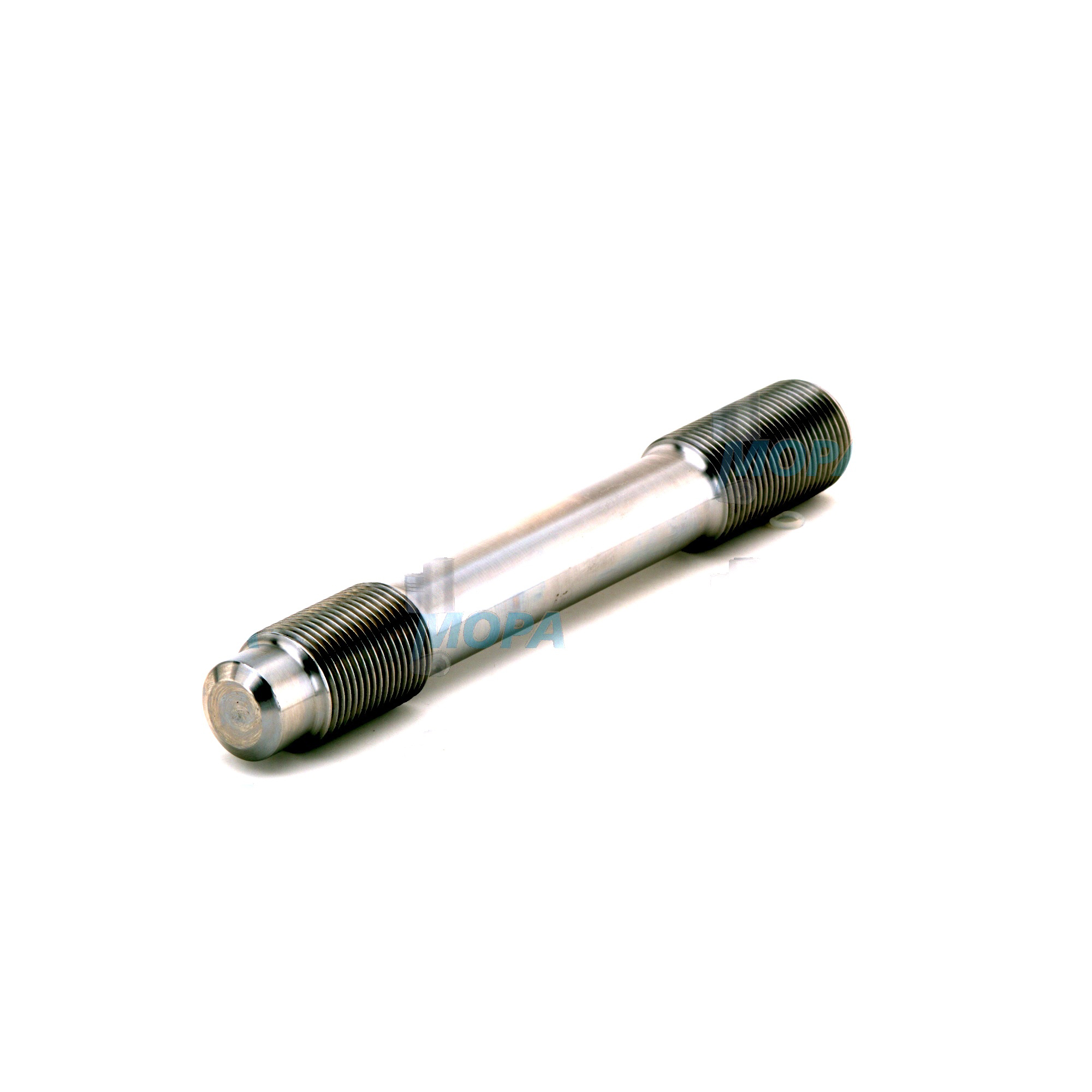WAISTED STUD screws for high‑duty diesel and marine engine assemblies
Screws are precision fasteners that clamp critical engine components together, creating the controlled preload required for leak‑free sealing, accurate alignment, and long service intervals. In large diesel and gas engines—whether propulsion units on vessels or power‑generation sets—screws, stud bolts, and the specialized WAISTED STUD are indispensable for cylinder heads, main bearing caps, connecting rods, exhaust manifolds, and turbocharger interfaces. Their job is simple in principle—hold parts together—but highly complex in practice because temperature, vibration, and cyclic loads continuously challenge the clamp load and the integrity of joints.
Technical function of screws and WAISTED STUD in diesel engine and marine engine applications
Within an engine, screws create a defined elastic tension that compresses gaskets, maintains joint integrity, and keeps components precisely located. Preload is established by torque, torque‑angle, or hydraulic tensioning methods, and remains within a designed elastic range during operation. A WAISTED STUD, commonly used as a cylinder head stud in a diesel engine or marine engine, features a reduced shank between threaded ends. This geometry shifts the highest tensile stress away from the thread roots, evens out stress distribution across the stud, and increases elastic elongation for a more stable clamp load under thermal cycling. The result: better sealing, fewer retightening events, and improved fatigue life.
Compared with uniform‑diameter studs, a WAISTED STUD in a cylinder head or exhaust joint can minimize bending stresses caused by joint settlement, reduce notch effects, and mitigate fretting on the mating surfaces. In high‑output engines, this helps maintain gasket compression through cold‑start to full‑load temperature swings. In addition, WAISTED STUD OEM parts support consistent installation procedures—torque‑angle or hydraulic preload—so maintenance crews can reliably hit target clamp loads with documented repeatability.
How screws sustain performance, efficiency, and safety
Correctly engineered screws act as springs that maintain clamping despite vibration and pressure pulsations. This is essential for combustion sealing, oil and coolant containment, valve‑train stability, and turbocharger alignment. By holding tolerances tight, screws help preserve injection timing accuracy, bearing geometry, and rotor clearances—factors that directly influence fuel efficiency, emissions, and safety. A WAISTED STUD diesel engine configuration typically pairs high‑strength alloy steel (e.g., 10.9/12.9 classes) with rolled threads, controlled surface finish, and coatings that stabilize the friction coefficient for reliable torque‑to‑tension conversion.
- · Uniform clamp load via waisted shank geometry
- · High fatigue resistance under cyclic pressure and vibration
- · Improved sealing of cylinder head and exhaust interfaces
- · Stable torque‑tension relationship with defined friction layer
- · Reduced risk of thread galling through rolled threads and correct lubrication
- · Traceable metallurgy and heat treatment for reproducible performance
- · Compatibility with hydraulic tensioning and torque‑angle procedures
Importance of screws for engine reliability and lifecycle
Fastener integrity determines whether an engine remains tight, aligned, and efficient over thousands of running hours. If screws lose preload due to relaxation, creep, or corrosion, joints can leak or shift. Consequences include head‑gasket failure, exhaust leaks, hot‑gas erosion, loss of compression, bearing misalignment, and increased vibration—each of which can escalate into unplanned downtime and expensive overhauls. Fatigue cracking is another risk when stress concentrates at thread roots; the WAISTED STUD design counters this by moving peak stress into the smooth shank region, lowering the probability of crack initiation and extending service life.
Consistent materials and geometry are equally crucial. Variations in tensile strength, coating thickness, or thread tolerances will change the friction factor and thus the achieved preload at a given torque. That can lead to under‑clamping (leaks) or over‑clamping (yielding of the screw or crushing of gasket surfaces). For marine engine operators and power plant owners, stable clamp load translates directly into predictable maintenance intervals and fuel‑efficient, safe operation.
Advantages of OEM spare parts suitable for screws and WAISTED STUD fasteners
Using OEM spare parts suitable for screws ensures that each fastener meets the specified material class, heat treatment, dimensional tolerances, and surface condition defined by the engine designer. That precision safeguards the intended stress distribution of a WAISTED STUD and preserves the joint’s elastic behavior across load cycles. It also aligns with the recommended tightening method—torque, torque‑angle, or hydraulic—so the expected clamp load is achieved consistently across the engine bank.
For purchasers balancing reliability with lifecycle cost, the advantages are concrete:
- · Performance: Correct strength class and shank geometry maintain clamp load and sealing.
- · Reliability: Consistent friction coefficients deliver repeatable preload across service events.
- · Budget: Reduced rework, fewer retightening stops, and longer intervals between overhauls.
- · Service life: Enhanced fatigue resistance of WAISTED STUD marine engine assemblies limits failures.
- · Safety: Lower risk of joint separation, leaks, or hot‑gas blow‑by near critical components.
- · Traceability: Mill certificates (e.g., EN 10204 3.1) and heat numbers support audit and compliance.
Material and surface engineering aligned with OEM parts
Engineered steels (e.g., 42CrMo4, 34CrNiMo6) with precise quench‑and‑temper profiles deliver the combination of yield strength and ductility needed for elastic clamping. Rolled threads improve root geometry and fatigue strength, while phosphate, MoS2, or PTFE‑type coatings stabilize the friction factor for predictable torque‑tension conversion. With OEM parts, these specifications are controlled lot to lot, ensuring that a WAISTED STUD OEM parts selection behaves identically during every overhaul.
MOPA as your partner for OEM spare parts Screws
MOPA is an experienced and reliable partner for OEM spare parts Screws, including WAISTED STUD solutions for diesel and gas engines. We combine speed in sourcing with rigorous quality control and secure documentation, enabling shipowners, operators, and service providers to keep fleets and plants running on schedule. From cylinder head studs to manifold screws, MOPA supplies OEM parts that match engine‑builder specifications, supported by technical know‑how and a supply chain built for time‑critical marine and power‑gen projects.
Whether you need a single WAISTED STUD marine engine set or complete fastener kits for a multi‑unit overhaul, MOPA delivers with responsive logistics, clear traceability, and dependable lead times—so your maintenance windows stay tight and risk stays low.
Conclusion: Screws and WAISTED STUD for dependable engine joints
Screws are the backbone of every engine joint, and the WAISTED STUD design is a proven way to stabilize clamp load in demanding diesel engine and marine engine environments. Selecting OEM spare parts suitable for Screws safeguards performance, reliability, budget, and service life.
With MOPA as your OEM parts partner, you get the speed, quality, and security needed to keep critical engines operating at peak efficiency.

